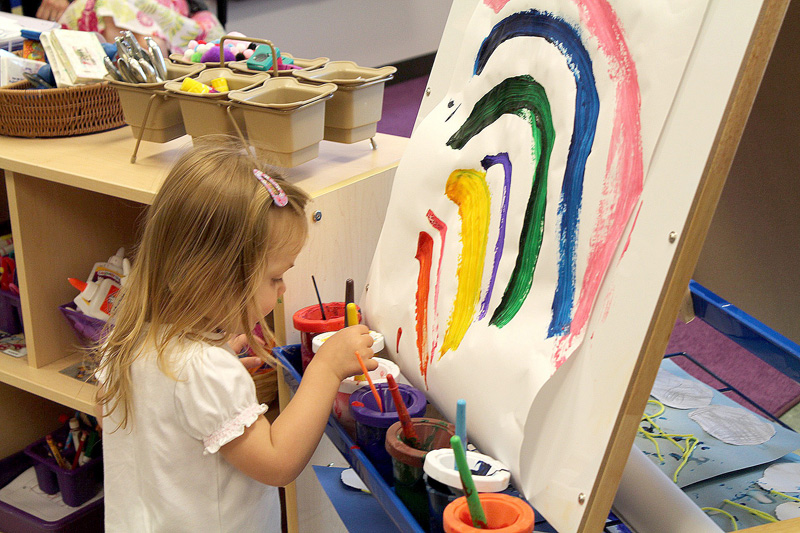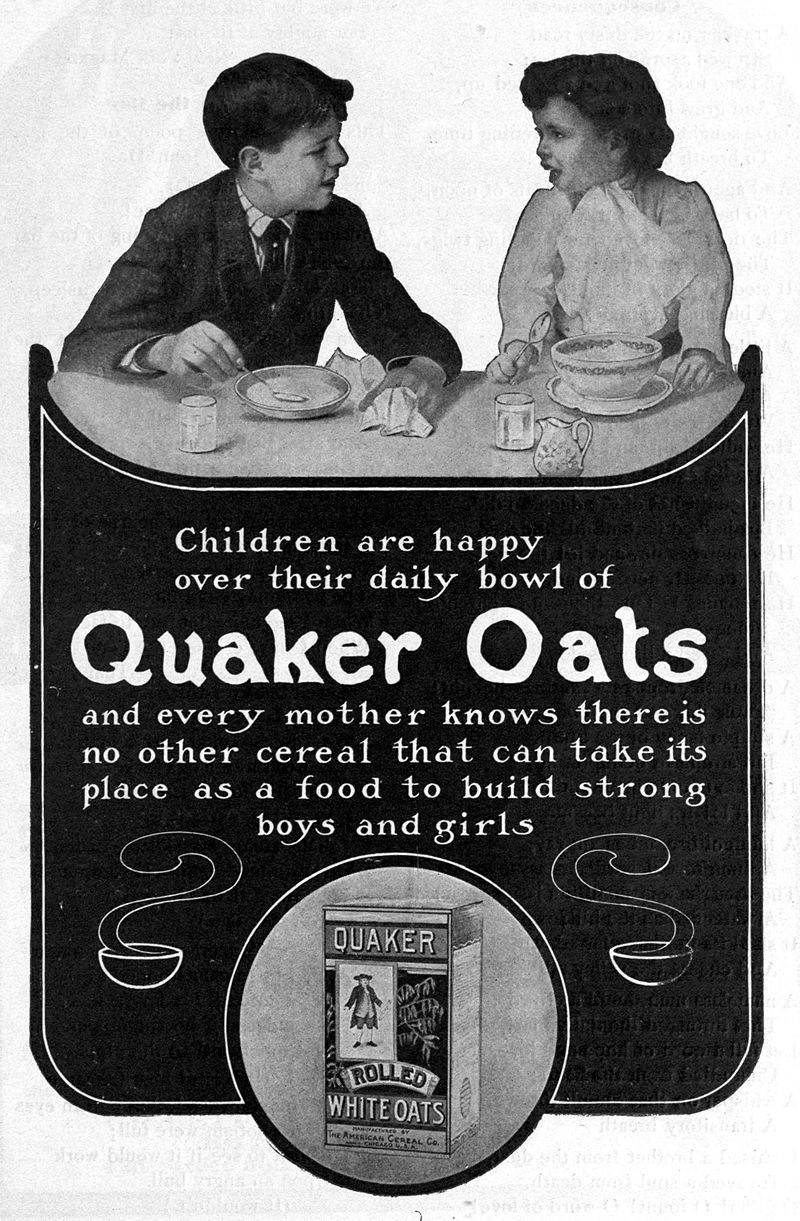
“The arts teach children that problems can have more than one solution, that there are many ways to see and interpret the world, and that the limits of language do not define the limits of our cognition.” — Elena Aguilar, “Arts Education: A Right and Necessity”
“Creativity takes courage.” – Henri Matisse
Why the arts?: Regularly, I talk with people that have definite opinions on the importance of the arts – visual, musical, theater, culinary, and so on. Many seem to delight in and thrive on taking part in an artistic pursuit, such as playing a musical instrument, painting, or acting in community theater, whether they are professionals or amateurs. Many others seem to feel similarly fulfilled and excited about being part of the audience for such creative, expressive endeavors.
Kids, for the most part, seem to love taking part in any sort of artistic expressiveness, from finger painting, to dancing, to singing, to putting on plays, to, say, singing at the top of their lungs while wearing silly hats.
Some people, for whatever reason, seem to believe that the arts are largely unnecessary, a lot of superfluous fluff and/or elitist nonsense, and certainly less important than doing some “real work.” (My experience is that some of these people were not encouraged to express themselves artistically growing up – or actively discouraged – and thus feel uncomfortable in this realm and therefore dismissive.)
It should come as no surprise to anyone that I believe the arts – of all types and levels of participation – are important for everybody.
I decided to ask a number of people with whom I deal on a regular basis via the LCN a simple (or perhaps not so simple) question: Why are the arts important?
Here are their thoughtful responses:
Damariscotta painter and painting teacher Will Kefauver: “In my view, you can be alive, but not truly live without art. Whether music, dance, or painting, it’s the arts which connect you to the world outside oneself, and, thus, fulfillment.”
Kathy Felch, artist and Lincoln Academy ed tech: “Art defined: ‘something that is created with imagination and skill and that is beautiful or that expresses important ideas or feelings.’
“When most people hear the word ‘art,’ it is the visual form that generally comes to mind. The word ‘art,’ however, covers a much wider spectrum than just the visual. Included in the arts are poetry, music, and theater, to name a few, each one just as thought-provoking as the other to both the artist and the spectator.
“Art helps us leave the stressors of everyday life and it enriches our lives by opening our minds to self-expressions that can impact our emotions. Art can heal, stimulate, and create emotions while enriching the human experience.”

“The earliest caves of prehistoric humans have drawings on their walls,” says LCN columnist Paul Kando. “Evidently, even our earliest forebears realized that while function is key to survival, beauty is the key to living beyond merely existing.”
Cherie Scott, creator of “Mumbai to Maine” food blog and TV series, Boothbay: “In the digital tech-heavy world that we live in today, it’s never been more important to create a balance with an influx of the arts.
“I try to make it a daily goal to weave a piece of prose, art, music, poetry, or a handcrafted treat into my day to fuel my waning creativity. The challenge for me is finding a way to access the arts – culinary, visual, and performing – without having to resort to a screen or a digital download. As a family, we are guilty of owning too many digital devices that so often pull us apart into: a Minecraft bubble, a Facebook bubble, a YouTube bubble, a Netflix bubble, a Snapchat bubble.
“But it seems that it’s always the arts that help us peel away from our screens and bring us back together to:
– Cook up a pot of saffron-infused basmati rice at the stove with my son while he asks me at least 20 questions that start with ‘But why?’
– Watch my daughter bake up a batch of her snickerdoodles with her brother
– See my son create a heck of a mess finger painting a rainbow
– Hear my husband and daughter practice a duet on the piano and guitar
– Attend a live musical performance at our community theater as a family and leave feeling uplifted and inspired
“I can say without hesitation that we can always count on the creative arts to bring us together and bond us as a family. #theartsbindsfamilies”
Paul Kando, LCN columnist, “Energy Matters”: “Why are the arts important? I couldn’t possibly even list all the reasons, so here is just one: The arts make us human, i.e., members of the most creative species on Earth. The earliest caves of prehistoric humans have drawings on their walls. Evidently, even our earliest forebears realized that while function is key to survival, beauty is the key to living beyond merely existing.
“In my long life, I have found people who loved and practiced art – regardless of the art form or their field of work – to be interesting and enjoyable. An artist – be it a professional or an amateur or even someone who simply enjoys the artworks of others – is a person apt to see multiple paths to solving even the most mundane or most difficult technical problems. It is no accident that many of the world’s greatest scientists were also artists. Albert Einstein, for one, played musical instruments well enough to publicly perform Mozart, Beethoven, and Bach.
“Businessmen, advertisers, and product packagers apply art all the time (even those who poo-poo art as frivolous and art education as a waste of tax dollars). Indeed, the whole dry field of marketing is about appeal, color, design, and using the most artful ‘sales pitch.’
“In contrast, the art-shunning people I’ve encountered have been crashing bores. No matter what life’s conditions, I’ll take the artist in all of us every time.”
Amber Clark, LCN graphic designer: “Almost literally every facet of life in our society is touched, somehow, by the arts. From the clothes you wear, to your favorite sports team’s logo, to the media you consume (movies, music, television shows, etc.), right down to the bottle of shampoo you buy at the store, artists are reaching out to you every step of the way.

A 1905 ad for Quaker Oats, the first registered trademark for breakfast cereal and one of the oldest, most well-known brands. “From the clothes you wear, to your favorite sports team’s logo, to the media you consume (movies, music, television shows, etc.), right down to the bottle of shampoo you buy at the store, artists are reaching out to you every step of the way,” says LCN graphic designer Amber Clark.
“Artists help you find what you’re looking for, whether it’s your place in the universe or your favorite kind of jelly beans at the store. Even if you’re not the type (like me) who has a little thrill of excitement upon hearing musicians tune up right before a performance, or the kind who tingles with satisfaction at the sight of a perfect font pairing (again, like me), you cannot escape the arts. The arts, and we, the artists, are quite literally everywhere.”
Helen Meserve, program director and board member, Harbor Theater, Boothbay Harbor: “Why are the arts important? Let’s turn that around and say what would we do without art and music, theater and film, dance, crafts, ceramics, textiles, and other forms of art? We would be lost! We need the arts to feed our souls, expand our minds, inspire us, educate us, enthrall us, and sometimes just entertain us.
“Each of us has an art form or two that we respond to more than others – think about a painting or a song so beautiful that it brings you to tears, or a funny movie or play that made you laugh so hard it made you cry as well. We need that kind of joy every day to enrich our lives. Simply put, we as human beings cannot exist without art.”
Meserve followed up in a later email: “Here are two quotes from artists in the new MOMA exhibit — pretty wonderful!”
Robert Motherwell: “Art is much less important than life, but what a poor life without it.”
Carrie Mae Weems: “Art has saved my life on a regular basis.”
Andrew Fenniman, executive director, Lincoln Theater, Damariscotta: “Why are the arts important? There are so many reasons. Let’s look at two buckets: economic benefits and civic benefits.
“On an economic benefits level, the arts help communities prosper by making significant contributions to state and local economies, generating employment and tax revenues and providing goods and services in high demand by the public. They attract tourism revenue and help diversify our local economy by creating sustainable small businesses, improving quality of life for residents, and attracting visitors and investment.
“The arts are a business magnet that help local merchants thrive. Arts audiences also spend money on admissions, transportation, food, lodging, gifts, and souvenirs that boost our local economy. The arts create a distinctive town brand identity and enhance property values by making neighborhoods and communities attractive places to live, work, and play.
“On a civic benefits level, the arts contribute to community vitality by creating a strong shared identity. They foster civic participation and a strong democracy by enhancing our ability to illustrate viewpoints, to dramatize issues, to inspire action, and to see things through the eyes of others.
“The arts contribute to wellness and healthy aging and build bridges among people. The arts build resiliency, foster social capital, strengthen interpersonal ties, and empower residents, all of which nurture the collective efficacy of a community to address major problems.
“And I could go on. Suffice to say, the arts are more than ‘just’ entertainment. They are the lifeblood of vibrant communities.”
“Art is an effort to create, beside the real world, a more humane world.” – Andre Maurois, French author
“We share the importance of the arts, not only in society but also in building one’s self-esteem. And the kids really grasp that: They’re confident and proud of themselves and share art with the people in their lives.” – Agnes Gund, founder of Studio in a School
“Arts and culture make considerable and necessary contributions to the well-being of communities. Arts and culture are powerful tools with which to engage communities in various levels of change. They are a means to public dialogue, contribute to the development of a community’s creative learning, create healthy communities capable of action, provide a powerful tool for community mobilization and activism, and help build community capacity and leadership.” – Creative City Network of Canada
“Art is the activity by which a person, having experienced an emotion, intentionally transmits it to others.” – Leo Tolstoy
“I found I could say things with color and shapes that I couldn’t say any other way – things I had no words for.” – Georgia O’Keeffe
(Christine LaPado-Breglia is an award-winning journalist who has written about the arts in both California and Maine. Email her at clbreglia@lcnme.com or write her a letter in care of The Lincoln County News, P.O. Box 36, Damariscotta, ME 04543.)



